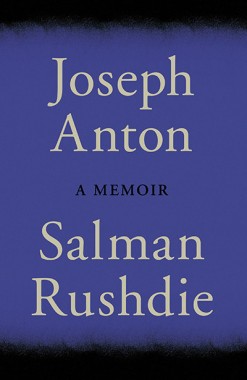 To err is human, but to really foul things up requires a computer, so we are told. And it gets really dreadful indeed when computer buzzwords like “crypto” get included. And so it is with cryptocurrency trading platform, Crypto.com. In May 2021, it accidentally transferred Aus$10.5m [€7.35m; US$7m; St£6.3m] to an Australian woman, Thevamanogari Manivel, when processing an Aus$100 [€70; US$67; St£60] refund. Although computers were involved, the problem was plain old human error: Manivel’s account number had been accidentally entered into the “payment amount” field. Worse, they failed to notice the error until the following December, seven months later, by which time much of the money had already been given away to six other family members or spent on various luxury purchases, including an Aus$1.35m [€945,000; US$900,000; St£810,000] home in Craigieburn, Melbourne, for her sister, Thilagavathy Gangadory. [Update: Crypto has company – a Texas bank made the same mistake to deposit US$37m in a customer’s account; but, unlike here, the Texas customer alerted the bank and returned the money].
To err is human, but to really foul things up requires a computer, so we are told. And it gets really dreadful indeed when computer buzzwords like “crypto” get included. And so it is with cryptocurrency trading platform, Crypto.com. In May 2021, it accidentally transferred Aus$10.5m [€7.35m; US$7m; St£6.3m] to an Australian woman, Thevamanogari Manivel, when processing an Aus$100 [€70; US$67; St£60] refund. Although computers were involved, the problem was plain old human error: Manivel’s account number had been accidentally entered into the “payment amount” field. Worse, they failed to notice the error until the following December, seven months later, by which time much of the money had already been given away to six other family members or spent on various luxury purchases, including an Aus$1.35m [€945,000; US$900,000; St£810,000] home in Craigieburn, Melbourne, for her sister, Thilagavathy Gangadory. [Update: Crypto has company – a Texas bank made the same mistake to deposit US$37m in a customer’s account; but, unlike here, the Texas customer alerted the bank and returned the money].
 This sounds like a classic exam question, but it is in fact the scenario faced by Elliott J in the Supreme Court of Victoria, Australia, in Foris GFS Australia Pty Ltd v Manivel [2022] VSC 482 (26 August 2022).…
This sounds like a classic exam question, but it is in fact the scenario faced by Elliott J in the Supreme Court of Victoria, Australia, in Foris GFS Australia Pty Ltd v Manivel [2022] VSC 482 (26 August 2022).…






